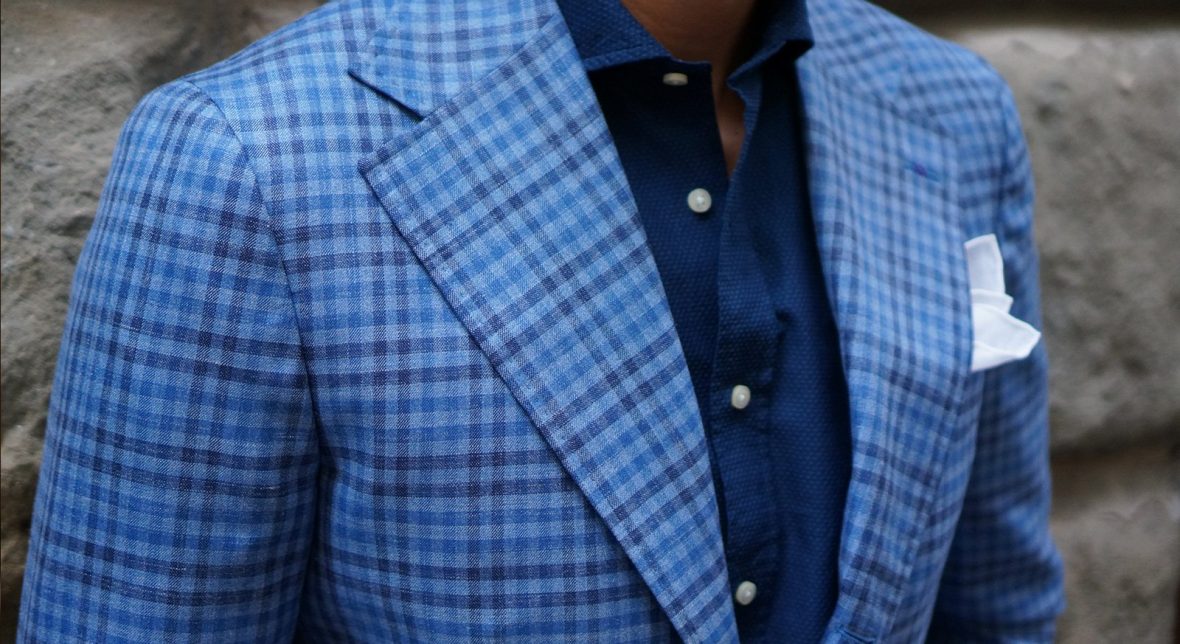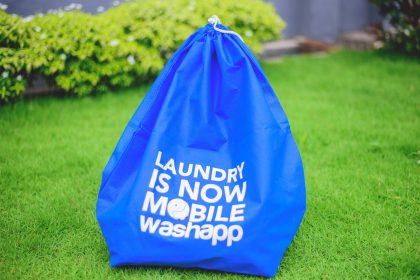It’s always exciting to add a new piece to your wardrobe but once you’ve worn it, you need to know how to wash it. Is it a “Hand Wash” or “Dry Clean Only” item? Does it lay flat or hang to dry?
That’s why it’s always important to check the label.
Because the dry cleaning process is different from washing laundry in a regular machine, it’s important to know what pieces of clothing actually need to be dry cleaned and what pieces can just be washed at home.
Different fabrics require different types of treatment.
If your clothing is missing care labels, you’re not sure whether or not a certain item has to be dry cleaned or not, or think that a certain item really should be dry cleaned, check out our guide. In it, we’ve outlined the things that you should and shouldn’t dry clean. Let’s have a look at a few common fabrics that should be dry cleaned professionally and which ones you can take care of in your own laundry room.

Fabrics that need professional cleaning:
Linen. Not all linen items need to be dry cleaned, but certain items, especially those that are embellished should be taken to the dry cleaner. Linen can be especially difficult to iron and keep smooth so having it washed at the dry cleaner and then properly pressed may be easier than taking the time to do it yourself.
Silk. Because it’s a completely natural and delicate material, silk clothing pieces should be cleaned at the dry cleaner. If not properly cared for, silk can lose its soft feel and “silkiness” as well as its beautiful luster. Having silk pieces dry cleaned can help preserve and protect the fabric.
Wool. It’s fairly common knowledge that washing wool the wrong way will cause it to shrink. Maybe you’ve already learned that the hard way. The best way to ensure that wool clothing pieces retain their proper size and feel is by having them cleaned by the dry cleaner.
Detailing or Fragile Fabrics. Clothes with a lot of beading, sequins, feather, or embroidery on are also worth treating carefully; at the very least, these clothes will need to be hand washed to keep them from moulting all that lovely detailing. Besides silk and leather, other upscale fabrics—including chiffon, velvet and merino wool—should be brought to a professional cleaning service to preserve their natural luster and form.

Leather. Leather and clothing items can be tricky. Although some stains and soiled spots may be easily cleaned at home, others will not be so easy to manage. By having leather clothing items cleaned at the dry cleaner, you can avoid cracking and damage, preserving your favorite pieces for longer.
Lined items. Any item with a lining should be taken to the dry cleaner. It’s easy for the lining and outside of a piece of clothing to become separated, making it uncomfortable to wear and even causing it to become misshaped.
Heavy clothing. Very large, very heavy clothes won’t always fit in the machine, plus it can be harder to dry them effectively after a hand wash without pulling them (too much water weight) or making them musty (they dry too slowly to stay fresh)
Rayon. It may be a semi-synthetic fabric, but rayon is not a fabric that should be washed at home. Because dyes can bleed when its washed and because it may lose its shape, shrink, or become misaligned, having rayon pieces of clothing dry cleaned is the best option.
Formal wear. You’ll also want to entrust suits and most professional wear to the care of a professional.

Fabrics that can be washed at home:
Sturdier synthetic fibers. such as polyester and nylon are safe for a machine wash in warm water on either the delicate or permanent press cycle, but take care when drying these items to avoid permanent wrinkling.
Cotton and linen items. that don’t meet any of the criteria above; no lining, no details, etc. Be sure to follow the proper care instructions and wash cotton items in the right water temperature. Although they do not need to be cared for at the dry cleaner, cotton clothing items can become misshapen and shrunk if washed the wrong way. Just because an item can be machine washed doesn’t mean that you should subject it to a hot soak—heat can cause colors to fade. Cotton can be washed in warm or cool water with a regular detergent.
If you’re ever unsure about your clothes, check the label.
If you still aren’t sure whether or not you should be dry cleaning a certain clothing item, contact us. We know how important your favorite pieces of clothing are and we want to help you make sure it stays in the best condition possible. That’s why we make it easy for you to take care of your favorite clothing items with little to no hassle!




